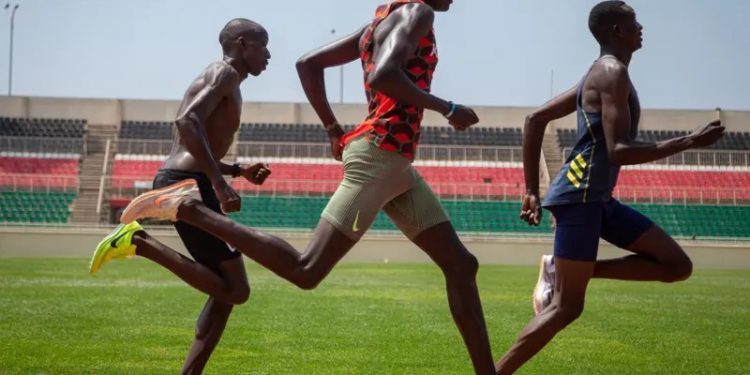Sports in Kenya are more than just a source of national pride,they are a powerful economic engine waiting to be fully tapped. From marathon victories to the growing popularity of football particularly with the ongoing highschool games. It’s no doubt that Kenya’s sporting talent has already placed the country on the world map. What now remains is for policymakers and stakeholders to treat sports as a serious pillar of economic development, not just entertainment.
First, sports have the power to generate employment across multiple sectors. Beyond athletes themselves, sports industry creates jobs for coaches, medical staff, fitness trainers, facility managers, event organizers, broadcasters, and more. In Kenya, where unemployment remains a serious challenge, investing in sports academies, local leagues, and talent development programs can provide career pathways for thousands of young people.
Second, sports stimulate local economies. Hosting sporting events injects money into communities. Hotels, transport providers, restaurants, and small traders benefit directly from the influx of fans. A well-coordinated sports calendar can create consistent business for towns and cities, just as tourism does for wildlife parks. Facilities like Kasarani and Nyayo Stadiums, if used efficiently, can be converted into reliable economic assets, not just occasional venues.
Third, sports attract investment and promote brand Kenya. Successful athletes like Eliud Kipchoge, Faith Kipyegon, and Ferdinand Omanyala are global ambassadors, drawing attention to Kenya not only as a country of champions but as a viable destination for sports tourism and sponsorship. A vibrant sports industry also opens doors for corporate partnerships, merchandising, and youth product branding, all of which contribute to tax revenue and GDP growth.
Moreover, sports play a key role in community development and social inclusion. In informal settlements and rural areas, sports initiatives offer a positive outlet for youth, reducing crime and improving mental health. These social benefits, translate into long-term economic gains by lowering public spending on security and health.
To unlock these benefits, Kenya needs a national sports development strategy anchored on talent pipelines, and policy support. This includes investing in community sports centers, incentivizing private sponsorship, integrating sports into education to create opportunities that will enhance Kenya’s global competitiveness., but only with the right support.
















